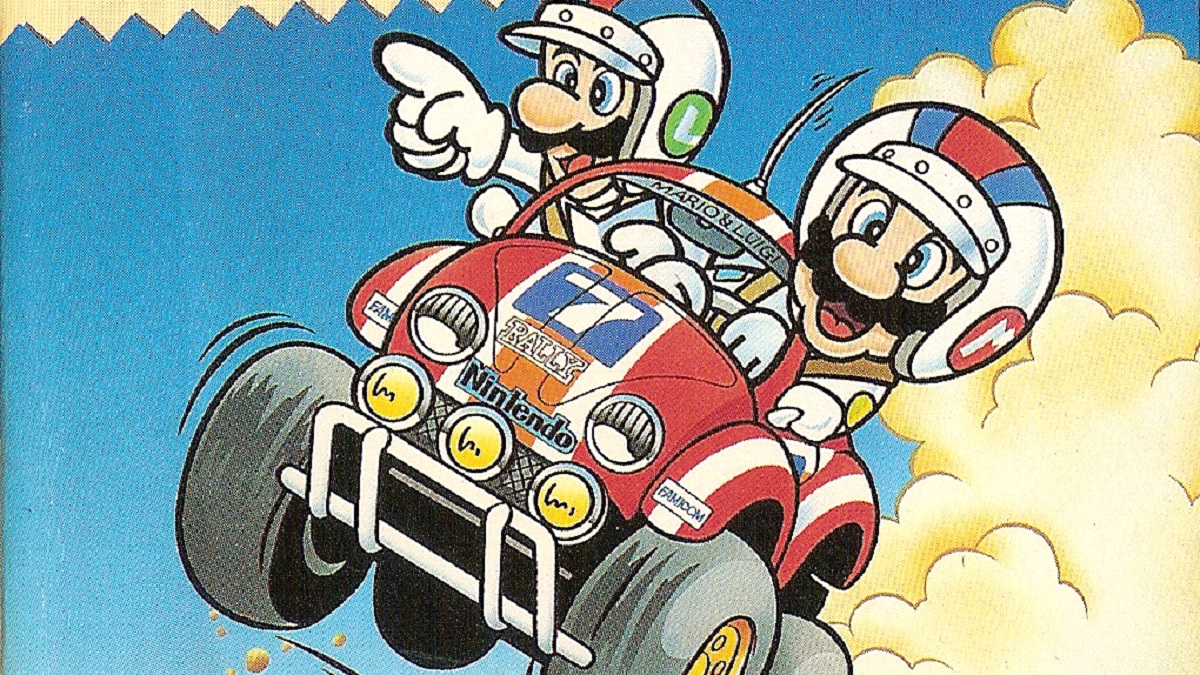Nintendo is hardly the worst company when it comes to localizing their games, but considering how many great titles they have, any single game that an audience doesn’t get is a real blow.
Leaving a game unlocalized wasn’t very common in the early days when there was less text in games. Mostly we missed out on games like Famicom Detective Club and Fire Emblem, both titles that eventually received translations and re-releases. Mainly, the number of unlocalized titles bloated out in the early 3D era, then retracted again once we hit HD and the world became better connected through the internet.
However, there are still a number of titles that Nintendo has yet to localize, and I would like to bring them to your attention. Maybe we just need to make a bit of noise, and we’ll finally get to see them in English.
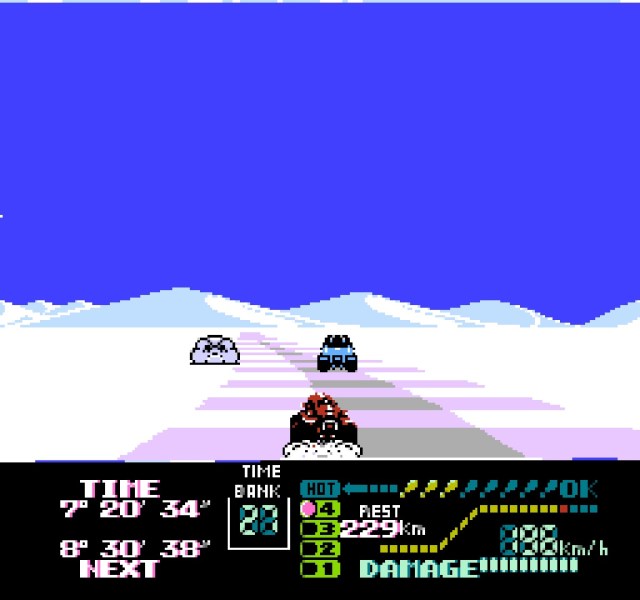
Famicom Grand Prix II: 3D Hot Rally (1988, Famicom Disk System)
Both the Famicom Grand Prix games remained in Japan and never got the cartridge treatment. Frankly, I’d love to see both of them get a tongue-swap, but of the two, the biggest standout is Famicom Grand Prix II: 3D Hot Rally.
It’s a bit like Outrun but more off-road. You drive one of three cars piloted by Mario and Luigi across branching tracks. It’s not a terribly big game, but it’s one of my favorite retro raster racers. The effort to translate this one would be rather minimal. There isn’t much Japanese text outside the menus. It wouldn’t be a bad choice to just release as-is on the Nintendo Switch Online NES channel.
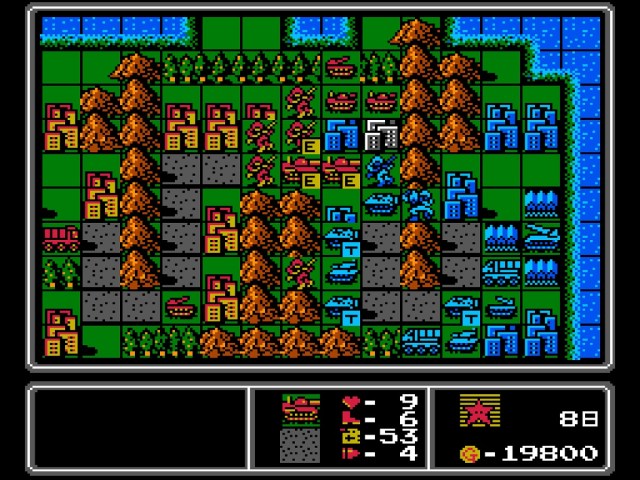
Famicom Wars (1988, Famicom)
The precursor to Advance Wars, Famicom Wars has been superseded by newer entries in a lot of different ways. However, I still love it as a curiosity. With fewer complexities and a fun campaign, I still think the original Famicom Wars is worthwhile.
Heck, we briefly got a re-release of the original Fire Emblem, and that’s a game that has been remade on DS. Famicom Wars would be easier to translate, as there isn’t really any dialog. On the other hand, I think Nintendo is terrified of cannibalizing sales. With Advance Wars Reboot Camp 1+2, freshly released, they might be afraid that people would start with the original and never move onto their shinier, more expensive modern remake. A ridiculous hypothetical, but you won’t stop me from speculating about the sort of evils that cigar-chomping corporate executives get up to.
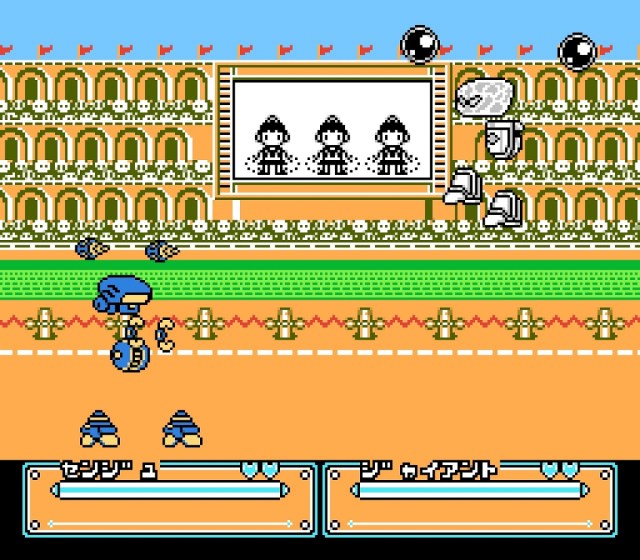
Joy Mecha Fight (1993, Famicom)
Joy Mecha Fight is an odd one. It came out late in the Famicom’s lifespan and seems to be an attempt to cash in on the arcade fighter boom. However, Nintendo had already secured Street Fighter II for the Super Famicom, so it almost seems irrelevant.
Nonetheless, Joy Mecha Fight is a pretty solid arcade fighter. It’s one of the few to ape the Street Fighter II formula on the 8-bit console outside of bootlegs. It also has an interesting single-player mode that has you unlock new robots as you go. There is a bunch of dialogue, but not a ridiculous amount. I imagine the only reason Nintendo didn’t localize it back in ‘93 is because the NES was already on the way out.
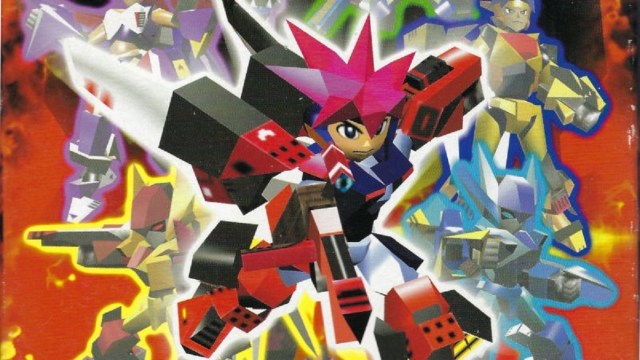
Custom Robo (1999, N64)
The Custom Robo series felt like it was on the cusp of being something big. While Nintendo eventually got around to bringing the series westward with Custom Robo on the GameCube, the N64 originals never found their way over here.
Custom Robo is a pretty fitting name. You customize a robot, then enter them in arena battles. You collect parts, rise the ranks, and continually improve your killing machine. There was another Japan-exclusive sequel, Custom Robo V2, which added tag-team battles.
Both of the Custom Robo titles are available on Nintendo’s Switch Online N64 channel, but once again, only in Japan. We’re way past due for an official English release.
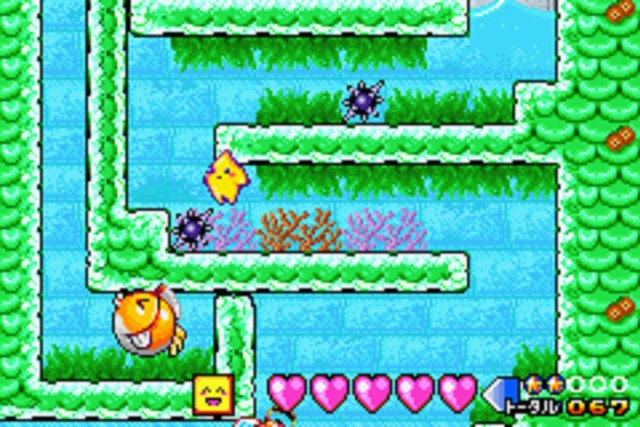
Densetsu no Stafy (2002, Game Boy Advance)
We eventually got a single game from the Densetsu no Stafy series in 2008: The Legendary Starfy. However, there were four extremely well-received titles that came before it that have never been released outside of Japan. Developed by Tose, the Densetsu no Stafy series is a cutesy platformer similar to the Kirby games.
Actually, I don’t have a better way to describe Densetsu no Stafy aside from saying it’s a cute platformer. But the series is somewhat renowned – even in North America – as extremely good platformers. It’s kind of surprising that we only got the very tail end of the series and nothing else. But maybe it’s time for a Densetsu no Stafy collection. I mean, I don’t own any of the Stafy games. I’m just saying that I’m not opposed to owning all the Stafy games, Nintendo.
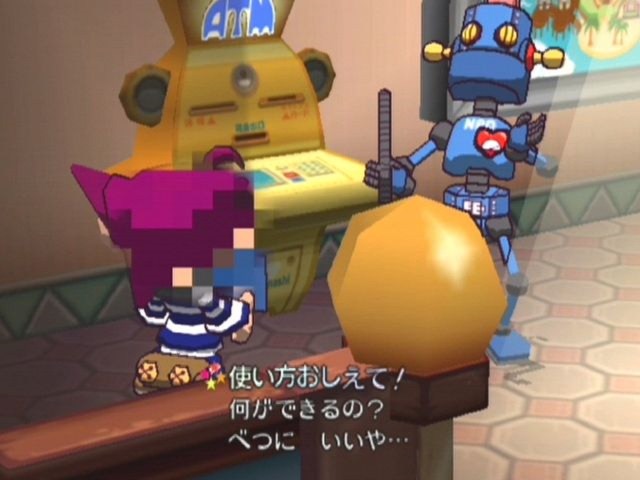
Giftpia (2003, Gamecube)
I don’t think anyone has suffered more from Nintendo’s reluctance to localize some of their pre-HD titles than Skip, one of the offshoots from the legendary Love-de-Lic. Giftpia was the first game they put out after becoming established. It’s also the title that most resembles the classic Love-de-Lic formula.
You play as a kid who misses their own ceremony to advance into adulthood. They’re subsequently thrown in jail for their irresponsibility and has to make amends by making the inhabitants of their island home happy. It’s the same idea as games like Moon: Remix RPG and Chulip. It’s an important addition for fans of that very specific flavor, which makes it frustrating that we never got it over here.
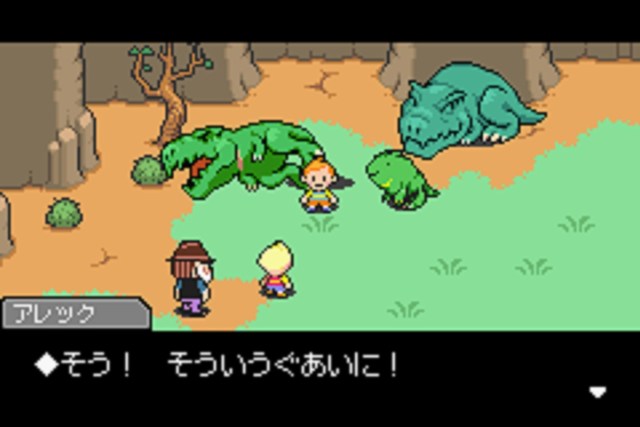
Mother 3 (2006, GBA)
I don’t feel like I even need to explain this one. Mother 2 was localized in North America as Earthbound on the SNES. While it didn’t make much of a splash when it was first released in 1994, it found an extremely devoted cult following that gradually spread its influence to the point where it’s still closely emulated today.
Fans have fought tooth and nail to get Mother 3 localized going as far back as its initial release in Japan back in 2006. A high-profile fan translation helped soothe the pain, but we’re still waiting for Nintendo to finally bring it to us in an official capacity. I’m not certain there has ever been a game with more demand for a localization than there is for Mother 3. Yet here we are. Coming on 20 years later with only a fan translation.
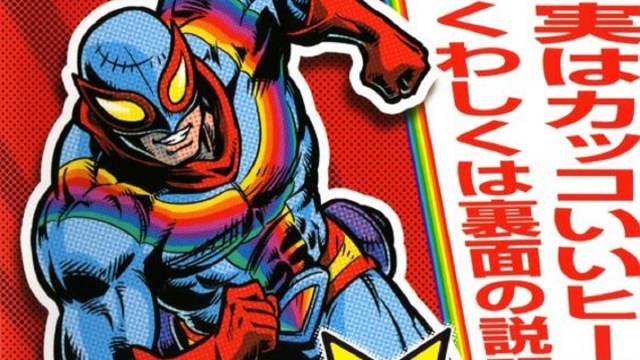
Captain Rainbow (2008, Wii)
Here’s another Skip game built on the classic Love-de-Lic philosophy of creating games about making people happy. You play as a super-hero who has lost his powers. You wander an island, helping people, with the goal being to become popular again.
Captain Rainbow was extremely interesting in that it’s a real Nintendo fan’s game. Of the characters you interact with are such faces as Little Mac from Punch-Out!! and Birdo from Super Mario Bros. 2. The sort of characters who kind of sit to the side of more popular ones like Mario and Link. But, I guess there are no Nintendo fans in the West.
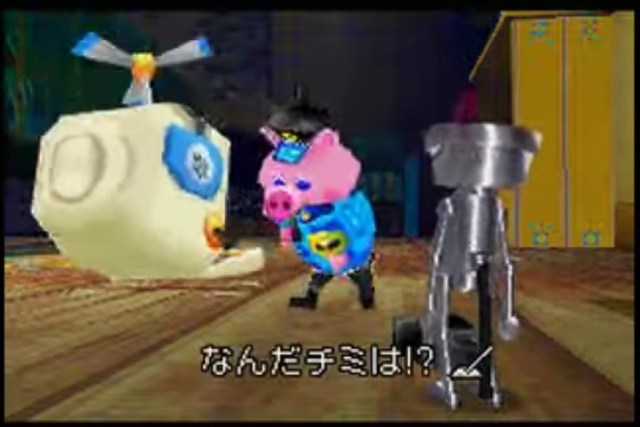
Okaeri Chibi-Robo! Happy Richie Ōsōji! (2009, DS)
This one is a real sore spot for me. The original Chibi-Robo on Gamecube is one of my absolute favorite titles on the console. However, Skip never really returned to the original formula, except for once. That’s this game, Okaeri Chibi-Robo.
While most Chibi-Robo sequels still have an emphasis on making people happy, Okaeri Chibi-Robo was the only other title in the series to cast you as a house-cleaning robot. You’re employed by Jenny, the daughter in the first game, and you’re let loose in her house to not only keep it clean, but to also upgrade it to give the family the life they deserve. Along the way, you once again assist the toys and ultimately help bring an end to the household’s pain.
The most recent game in the series is 2015’s Chibi-Robo Ziplash on the 3DS. I bought it for the Chibi-Robo Amiibo that came packed with it, because I really didn’t have much interest in the side-scrolling game that came with it. What burns me is that producer Kensuke Tanabe said that Ziplash might be “the last chance” for Chibi-Robo. Excuse me? You staked Chibi-Robo’s future on a game that is merely a sidescroller with the character in it? Nobody asked for that? We want Okaeri Chibi-Robo!
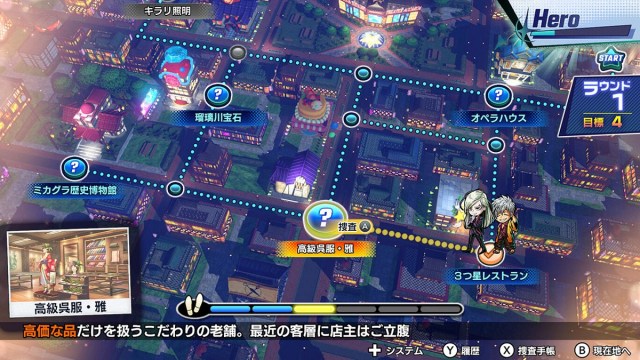
Buddy Mission BOND (2021, Switch)
I mentioned that a game not being localized by Nintendo is a rarity these days. Well, here is one of those rarities. Buddy Mission BOND was released for Switch in 2021. It’s mostly a visual novel with action segments. You select a pair of buddies who go out and investigate, find clues, and interview suspects. Afterward, it’s time to bust into the bad guy’s base. The route you take through the action scenes depends on what you found during the investigation.
It kind of surprises me that Nintendo went to the work of Famicom Detective Club, but seems to have no intention of localizing Buddy Mission BOND. It’s maddening because it sounds exactly like the sort of visual novel that I want to play. Maybe the success of Square Enix’s Paranormasight will convince Nintendo that there’s a market for visual novels in North America.
